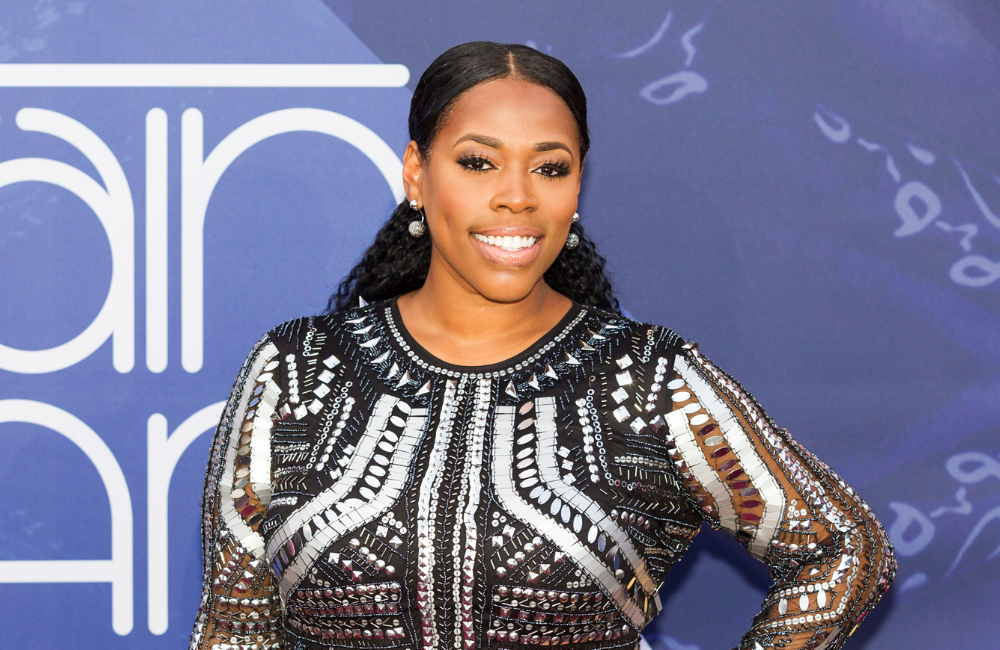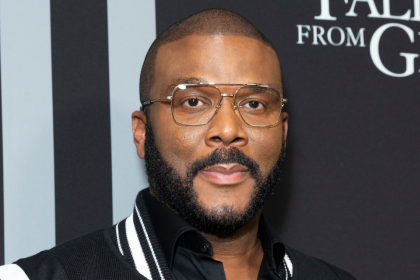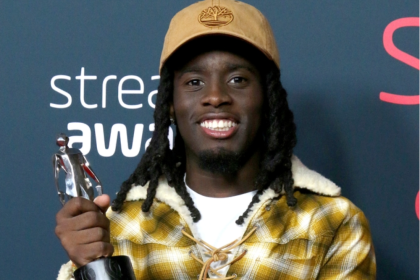Singer Nicci Gilbert has issued a public apology to Tory Lanez, admitting she spoke too hastily in supporting Megan Thee Stallion without considering all available facts. The surprising reversal comes as Lanez’s legal team claims to have discovered new evidence that could potentially overturn his conviction in the widely publicized shooting case.
Gilbert’s unexpected statement has reignited discussions about the incident and raised questions about how public figures navigate complex legal situations in the social media age.
The original conviction and its aftermath
Tory Lanez received his conviction for shooting fellow rapper Megan Thee Stallion during a highly contentious legal proceeding that captivated the entertainment industry. The case drew widespread attention not only for its serious criminal implications but also for the prominent figures involved and the conflicting narratives that emerged.
The conviction appeared to settle the matter for many observers, with numerous celebrities and public figures expressing support for Megan Thee Stallion. However, recent developments have complicated what seemed like a closed case.
Lanez’s legal representatives now assert they have identified a new ear-witness who allegedly overheard Kelsey Harris, Megan’s former close friend, admitting to the shooting. This claim directly contradicts the testimony that led to Lanez’s conviction and suggests a potential miscarriage of justice.
Gilbert’s public reversal and admission of error
The R&B vocalist took to social media platforms to address her previous statements, acknowledging that her initial support for Megan Thee Stallion may have been premature. Gilbert stated that she wanted to publicly apologize to Tory Lanez for being so vocal in her support of Megan without all the facts, admitting she could acknowledge when she was wrong and that she spoke too soon.
Gilbert’s message emphasized the importance of allowing legal processes to unfold completely before forming definitive opinions. She explained that the situation was not about taking sides but rather about fairness and the truth, noting that none of the public commentators were present during the incident and should have waited before adding their voices to something so serious.
The singer’s willingness to publicly admit her mistake demonstrates a level of intellectual honesty rarely seen among celebrities who have taken positions on controversial issues. Her reversal also highlights the evolving nature of legal cases and the dangers of premature conclusions.

New evidence claims lack official documentation
Despite the assertions from Lanez’s legal team about fresh evidence and witness testimony, no formal court documents have been filed to support these claims. This absence of official legal proceedings raises important questions about the validity and strength of the alleged new evidence.
Legal experts note that claims made outside courtrooms often differ significantly from evidence that can withstand judicial scrutiny. The gap between public assertions and formal legal filings suggests that the new evidence may not be as compelling as initially suggested.
Lanez continues to maintain his innocence and actively pursues avenues for overturning his conviction. However, the legal system requires substantial proof to reverse criminal convictions, particularly in cases that have already undergone thorough examination.
Social media’s influence on Nicci public opinion
Gilbert’s apology underscores the powerful role social media platforms play in shaping public perception of legal matters. In an environment where opinions spread rapidly and gain momentum through shares and endorsements, the responsibility for accuracy becomes paramount.
Celebrities and influencers possess significant reach and influence, making their statements particularly impactful on public discourse. When these figures comment on ongoing legal cases, their words can potentially affect public opinion and, by extension, the broader conversation surrounding justice and accountability.
The case illustrates how social media can both amplify important issues and contribute to premature conclusions that may later require correction. Gilbert’s experience serves as a cautionary tale about the importance of measured responses to complex legal situations.
Industry reactions and broader implications
The entertainment industry has watched this case closely, as it touches on issues of domestic violence, celebrity accountability, and the intersection of fame with legal proceedings. Gilbert’s reversal may encourage other public figures to reconsider their own statements and approach future cases with greater caution.
Some industry observers view Gilbert’s apology as commendable intellectual honesty, while others question whether public figures should comment on ongoing legal matters at all. The debate reflects broader tensions about celebrity involvement in social and legal issues.
The case also highlights the challenges faced by victims of alleged crimes when new evidence emerges that could potentially contradict their accounts. Regardless of the ultimate outcome, the situation demonstrates the complexity inherent in high-profile legal disputes.
Looking ahead as legal proceedings continue
As this legal saga continues to develop, the entertainment community and general public await further developments in the formal court system. The claims made by Lanez’s legal team will ultimately need to withstand judicial scrutiny if they are to have any meaningful impact on his conviction.
Gilbert’s apology represents a significant moment in the ongoing discourse surrounding this case, potentially encouraging more nuanced and patient approaches to complex legal matters. Her willingness to acknowledge error may set a precedent for how public figures handle evolving situations where initial facts prove incomplete or misleading.
The resolution of this case will likely have lasting implications for how the entertainment industry approaches similar situations in the future, particularly regarding the timing and nature of public statements about ongoing legal proceedings.

















